
Udvari t?rténet
¥14.31
Udvari t?rténet
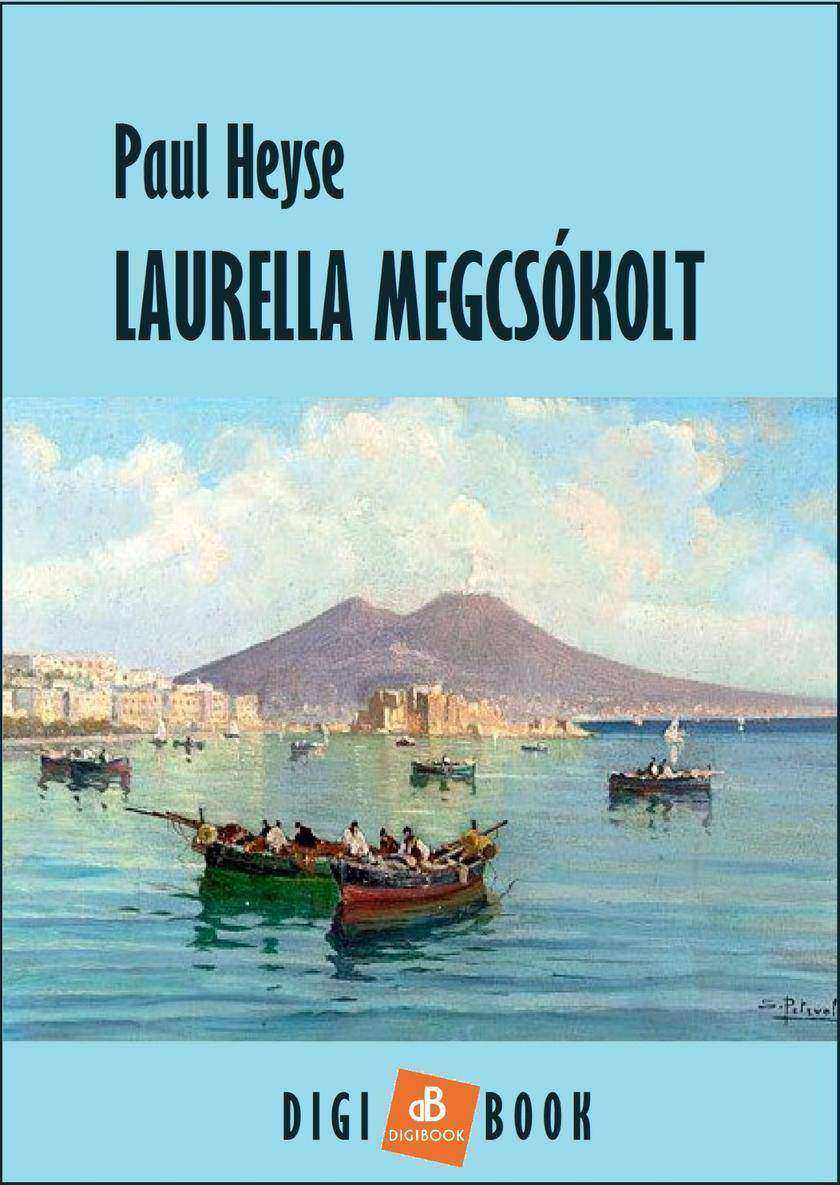
Laurella megcsókolt
¥14.31
Laurella megcsókolt
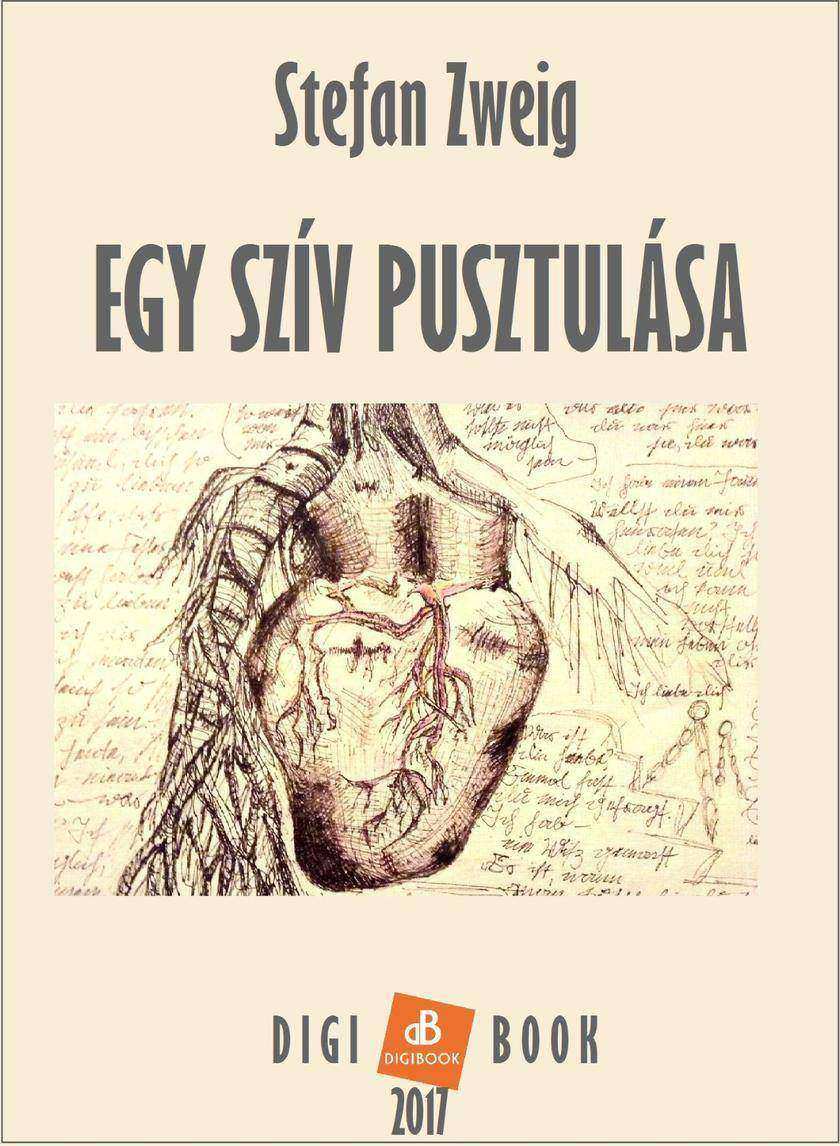
Egy szív pusztulása
¥14.31
Egy szív pusztulása
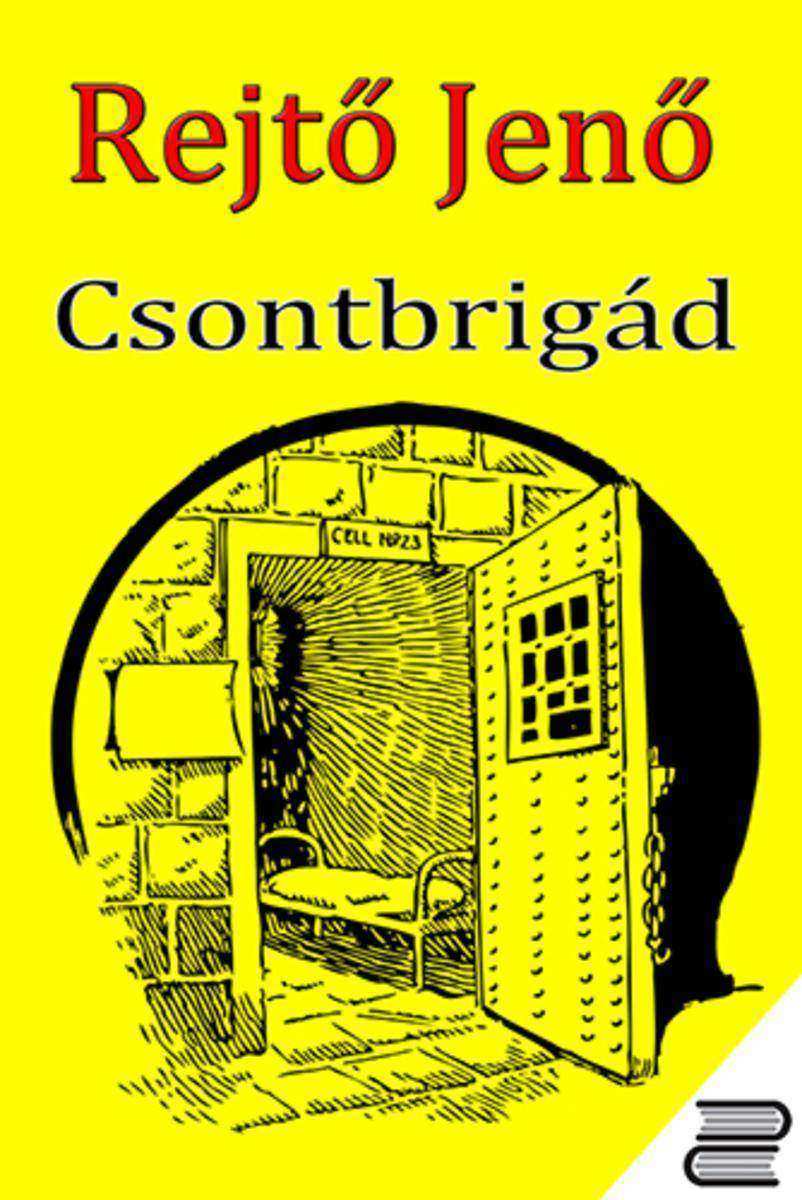
Csontbrigád
¥14.39
T?bb mint egy év tel el azóta, hogy hazaértem. Akik kívülr?l néznek, aligha észlelnek kül?n?sebb változást. De nekem már csak k?d?sen rémlik egy n?, aki egykor én voltam, aki mindig felhúzva tartotta a vállát a feszültségt?l, mert másoknak akart megfelelni. Két hónappal hazatértem után eladtam elegáns, nagypolgári lakásomat, és bek?lt?ztem egy kisebbe, szerényebbe. Az autómat lecseréltem egy olcsóbb, alacsonyabb fogyasztásúra. Az addig igénybe vett szolgáltatások nagy részét lemondtam, megváltam a k?ltséges biztosítások t?bbségét?l, a giga-csomagoktól, az ilyen-olyan el?fizetésekt?l, és egy lényegesen egyszer?bb életvitelre rendezkedtem be. A ruháimat is kiválogattam, a felesleget elajándékoztam vagy áruba bocsátottam. Az maradt csak meg, és mindenb?l csak annyi, amire valóban szükségem van. Olykor gyertyával világítok, órákig bámulom, hogyan táncol a láng a s?tétben. Vagy ücs?rg?k a teraszon, és nézem az égboltot, amelynek addig ismeretlen szépségeit az ?ton fedeztem csak fel… Amíg ezt a boldogságot nem éltem át, elképzelni sem tudtam, hogy egyszer úgy fogom gondolni: ha mindenemet elveszíteném, akkor is maradna egy csomó dolog, ami boldoggá tesz. Látom a k?rnyezetemben él?ket, amint fáradtan hajszolnak valamit, amit már megnevezni sem tudok, annyira távolinak t?nik, hogy magam is így éltem. Nem tehetek t?bbet értük, mint hogy elmondom a magam t?rténetét, amely így kezd?dik: van esély! Csak a békességnek el?bb helyet kell készíteni, kell egy nagytakarítás. Amíg a beidegz?dések, el?ítéletek foglalják a helyet, addig a cs?nd nem ver tanyát odabent. Pedig ahhoz, hogy meghalljam a saját hangomat, cs?ndre volt szükség. Ilyen az életem a Camino után.

Egy bolond száz bajt csinál
¥14.39
A Buenos Aires-i h?ségben olvad a jégpáncél, amelybe évekkel ezel?tt zártam magam szégyenemben, amiért már nem vagyok fiatal… ?jjel-nappal tangózom! A testemen rég nem látott izmok rajzolódnak ki újra, az arcomról elt?nik a keménység, amellyel egész életemben azt üzentem a világnak, hogy er?s vagyok. Ha egyszer?bben akarnám kifejezni, amit érzek, azt mondanám: itt boldog vagyok! Megengedem magamnak, amit azel?tt soha: k?vetem a férfit, megadóan és feltétel nélkül. Táncolok, érzek, azaz élek! Pár hét alatt fokozatosan hántotta le rólam a rétegeket ez a város. Eleinte csak a h?ség: levettem zárt, hosszú ujjú ruhámat, és felvettem egy ujjatlan, mélyen dekoltáltat. Majd j?tt a meglepetés, hogy tetszem – így, ahogy vagyok! Bátran érezhetem magam megint szépnek, amir?l otthon már leszoktam. Túl az ?tvenen, ujjatlan ruhában, szarkalábakkal a szemem alatt. Ezen a helyen N? vagyok a férfiak szemének tükrében. Buenos Airesben az élet újra felkért egy táncra… ?desanyám k?nyvtáros volt egy vidéki kisvárosban, és iskola után sokat vártam rá a munkahelyén. Egyszer elhatároztam, hogy a teljes gyerekk?nyvtárat végigolvasom, válogatás nélkül. A pár év alatt aztán alaposan ?sszen?ttünk, a k?nyvek és én. Talán nem véletlen, hogy végül magam is az írást választottam hivatásul. 2011-ben végigjártam az El Caminót, ami új fejezetet nyitott az életemben. Egy másik, boldogabb élet kapuja tárult ki el?ttem, amely tele van csodával. Igaz t?rténeteimmel szeretném másoknak is megmutatni, hogy igenis lehet ezt másképpen is…

Bradley Tamás visszaüt
¥14.39
me, egy zenéldoboz, és benne a táncospár: már halljuk is a monoton muzsikát, amelynek dallamára lassan, szertartásosan, ugyanarra a koreográfiára perdülnek-fordulnak a táncosok. Amikor a dallam lejár, egy láthatatlan kéz újra felhúzza a dobozt a kulccsal, és a férfi és a n végtelen tánca folytatódhat – a szabadulás reménye nélkül. Hiába van az arcukon mosoly, a lelkük, kiváltképpen a né, zilált; rks kzttük a feszültség, és az áldozat sebei talán sohasem gyógyulnak be. Ismers a helyzet Nem véletlenül, hiszen gyakrabban fordul el, mint gondolnánk, hogy társas kapcsolatainkban áldozattá válik az egyik fél, és helyzetébl nemhogy a kiutat nem találja, de sérült nbecsülése folytán azt sem érzékeli: ez nem természetes állapot. RADOS VIRG pszichológiai témájú regénye azt boncolgatja, hogy milyen mélységekig süllyedhet a férfi és n kztti kapcsolat, és trténete lapjain kibomlanak a bántalmazás lélektanának súlyos titkai. A szép és intelligens, ám a szíve mélyén súlyos nbizalomhiánnyal küszkd Kárpáti Anna ügyetlenül csetlik-botlik a partnerkapcsolatok világában. Már-már feladja a társkeresést, amikor találkozik Ferkóval. Eleinte minden szép és jó, de egy napon robban a bomba. Ferkóról kiderül, hogy korántsem az a kedves, szeretetteljes férfi, akinek addig mutatta magát, hanem rideg, goromba, erszakos ember. Szinte nap mint nap szóval és tettel, lelkileg és fizikailag bántalmazza Annát. mégsem tud hátat fordítani neki, ellenkezleg: egyre mélyebbre merül a kapcsolatba, remélve, hogy a férfi megváltozik a kedvéért. Van-e kiút ebbl az rdgi krbl Mi minden trténik Annával, amíg ráébred: saját testi és lelki épsége érdekében ki kell lépnie az életét megkeserít, egészségtelen viszonyból Vajon sikerül-e neki Mi, olvasóként végigkísérhetjük a táncát”; tanúi lehetünk, ahogyan – az t megillet támogatással – sikerül megtalálnia nmagát… A mben a trténet és a szereplk is kitaláltak. Bármilyen hasonlóság valóságos eseményekkel vagy személyekkel csupán a véletlen mve.

Feathers of Love
¥14.62
From the tear drops of angels. These writings come. These are the tears with-in the tranquilized warmth of our children. From the graceful willows spoken through the eyes of a dream-teller. Soft words dancing naked upon the wedge of feathers, for the people of the world. For with-in the corridors of whispering tears. The children sing to the soft morning mist. For the tenderness of love and happiness. So allow the shadowed moon flowers of our children to eclipse he wings of life around you. Yes these writings are of our children. The most wonderful reflection we will ever know. Illuminating the twinkling of precious memories. So thank the lord of evening prayers, for the gift of a child, is here.
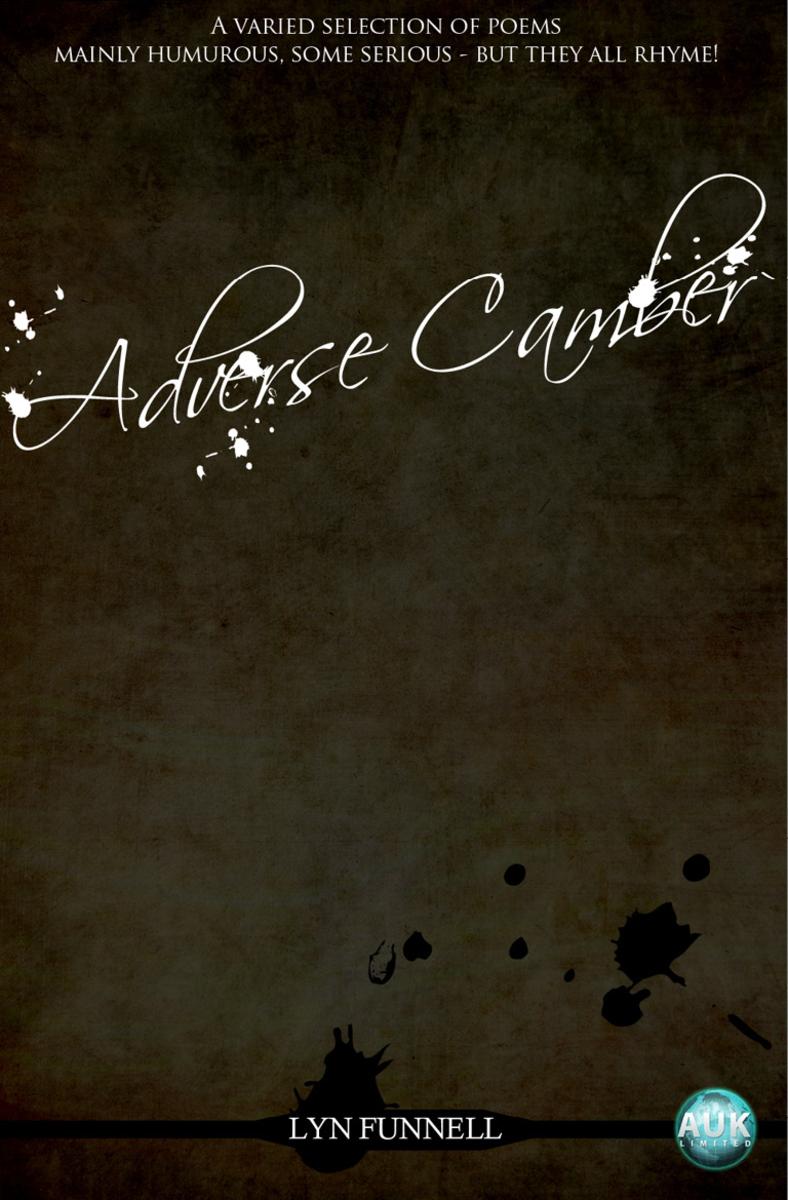
Adverse Camber
¥14.62
A varied selection of poems, mainly humurous, some serious, but they all rhyme!

Scarlett’s Secret: A real-life short story by Casey Watson
¥14.81
Bestselling author and foster carer Casey Watson tells the shocking and deeply moving true story of two sisters who carry a terrible secret. This is a first taste of the ‘Unit’ series: several stories about ‘difficult’ children Casey helped during her time as a behaviour manager at her local comprehensive. Casey doesn’t know what to expect when seventeen-year-old twins Scarlett and Jade join her class. The girls seem grounded but they never leave each other’s side, although there seems to be an underlying tension between them that Casey can’t quite put her finger on. What’s more, Jade has a strong, unpleasant smell about her that further isolates her from the other teenagers. Eager to help the girls, Casey starts digging and finds out that Jade was pregnant and that the girls were taken into care when they were sixteen. But it’s not until a violent argument during class that Casey truly realises the anger the two girls harbour towards the rest of the world. And when Scarlett finally reveals the truth, it suddenly all makes sense. Can Casey find a way to bring Scarlett and Jade closer together? And can she break down Jade’s walls and get the girls the help they have craved since their childhood? Dark, disturbing and heartbreaking, this is a story of two sisters who just needed someone to believe in them.
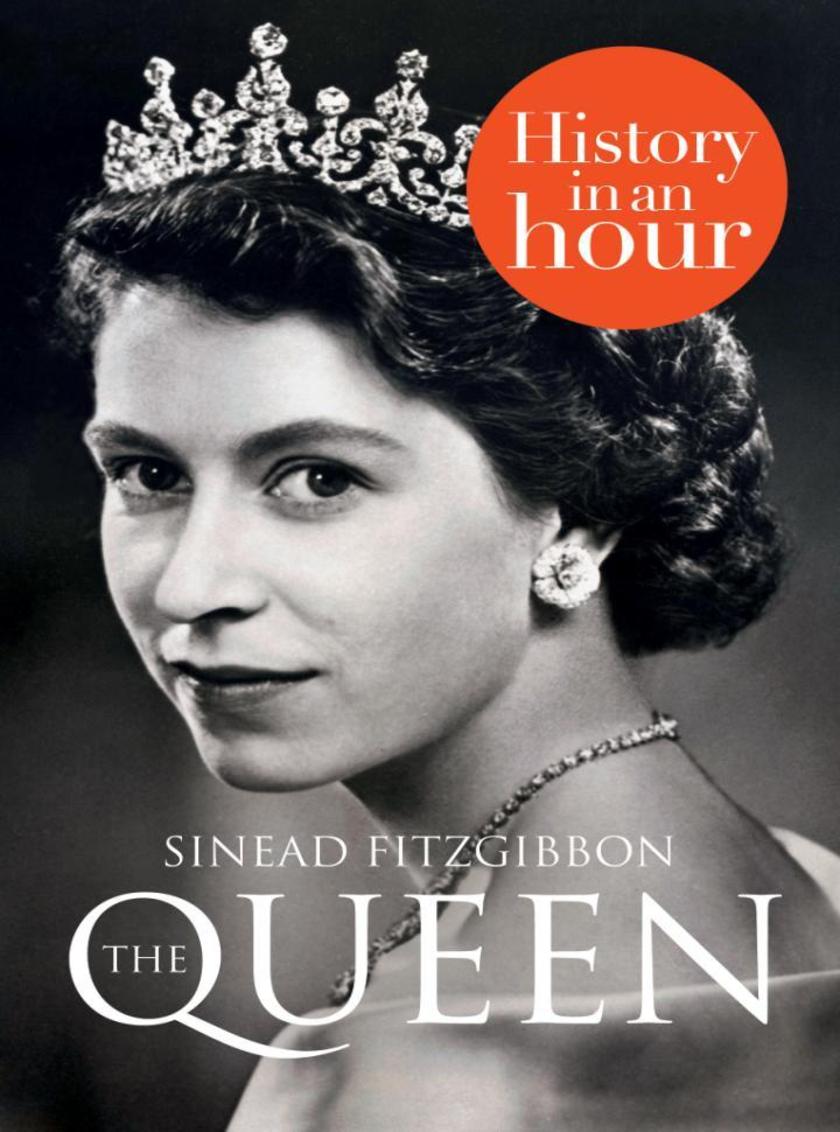
The Queen:History in an Hour
¥14.81
Love history? Know your stuff with History in an Hour. Elizabeth II is the longest lived and, after Queen Victoria, second longest reigning monarch of the United Kingdom. From her coronation in 1953 to her Diamond Jubilee in 2012, Queen Elizabeth II has stood on the world stage as the figurehead for Britain. The Queen: History in an Hour tells the story of the Queen Elizabeth II’s life and long reign, her royal duties, service during the Second World War, public perception and the transformation of the British Empire into the Commonwealth of Nations under her rule. In the Diamond Jubilee year this is essential reading for Royalists and Republicans alike. Know your stuff: read about Queen Elizabeth II in just one hour.

Ya, pero todavía no:Poemario
¥14.88
Cada uno de los versos están escritos desde la perspectiva de un creyente que confiesa la nueva creación, mientras que se enfrenta a las consecuencias de la caída. La familia, la política, la justicia, el amor, las relaciones humanas, han sido todas manchadas por el error humano, y aunque el Se?or ya ha comenzado su obra de restauración a través del Evangelio, hay mucho camino por recorrer.
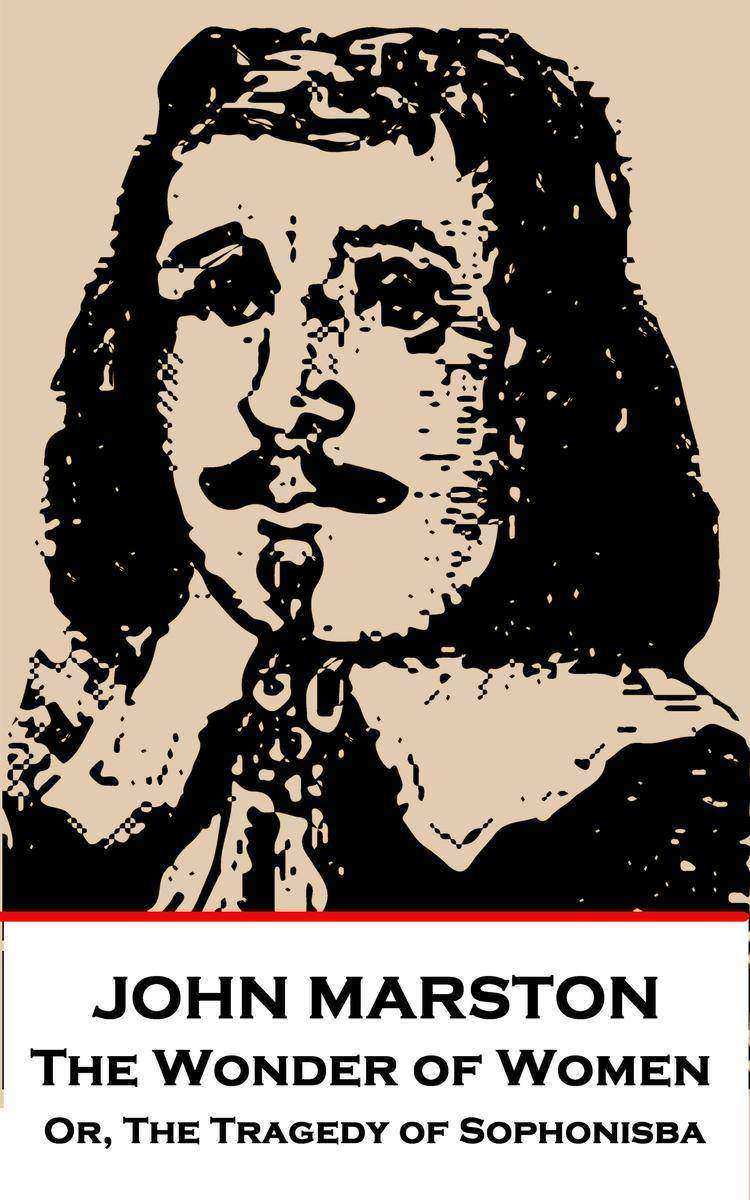
Wonder of Women - Or, The Tragedy of Sophonisba
¥15.21
John Marston was born to John and Maria Marston nee Guarsi, and baptised on October 7th, 1576 at Wardington, Oxfordshire.Marston entered Brasenose College, Oxford in 1592 and earned his BA in 1594. By 1595, he was in London, living in the Middle Temple. His interests were in poetry and play writing, although his father's will of 1599 hopes that he would not further pursue such vanities.His brief career in literature began with the fashionable genres of erotic epyllion and satire; erotic plays for boy actors to be performed before educated young men and members of the inns of court.In 1598, he published 'The Metamorphosis of Pigmalion's Image and Certaine Satyres', a book of poetry. He also published 'The Scourge of Villanie', in 1598. 'Histriomastix' regarded as his first play was produced 1599. It's performance kicked off an episode in literary history known as the War of the Theatres; a literary feud between Marston, Jonson and Dekker that lasted until 1602.However, the playwrights were later reconciled; Marston wrote a prefatory poem for Jonson's 'Sejanus' in 1605 and dedicated 'The Malcontent' to him. Beyond this episode Marston's career continued to gather both strength, assets and followers. In 1603, he became a shareholder in the Children of Blackfriars company. He wrote and produced two plays with the company. The first was 'The Malcontent' in 1603, his most famous play. His second was 'The Dutch Courtesan', a satire on lust and hypocrisy, in 1604-5.In 1605, he worked with George Chapman and Ben Jonson on 'Eastward Ho', a satire of popular taste and the vain imaginings of wealth to be found in the colony of Virginia.Marston took the theatre world by surprise when he gave up writing plays in 1609 at the age of thirty-three. He sold his shares in the company of Blackfriars. His departure from the literary scene may have been because of further offence he gave to the king. The king suspended performances at Blackfriars and had Marston imprisoned.On 24th September 1609 he was made a deacon and them a priest on 24th December 1609. In October 1616, Marston was assigned the living of Christchurch, Hampshire.He died (accounts vary) on either the 24th or 25th June 1634 in London and was buried in the Middle Temple Church.
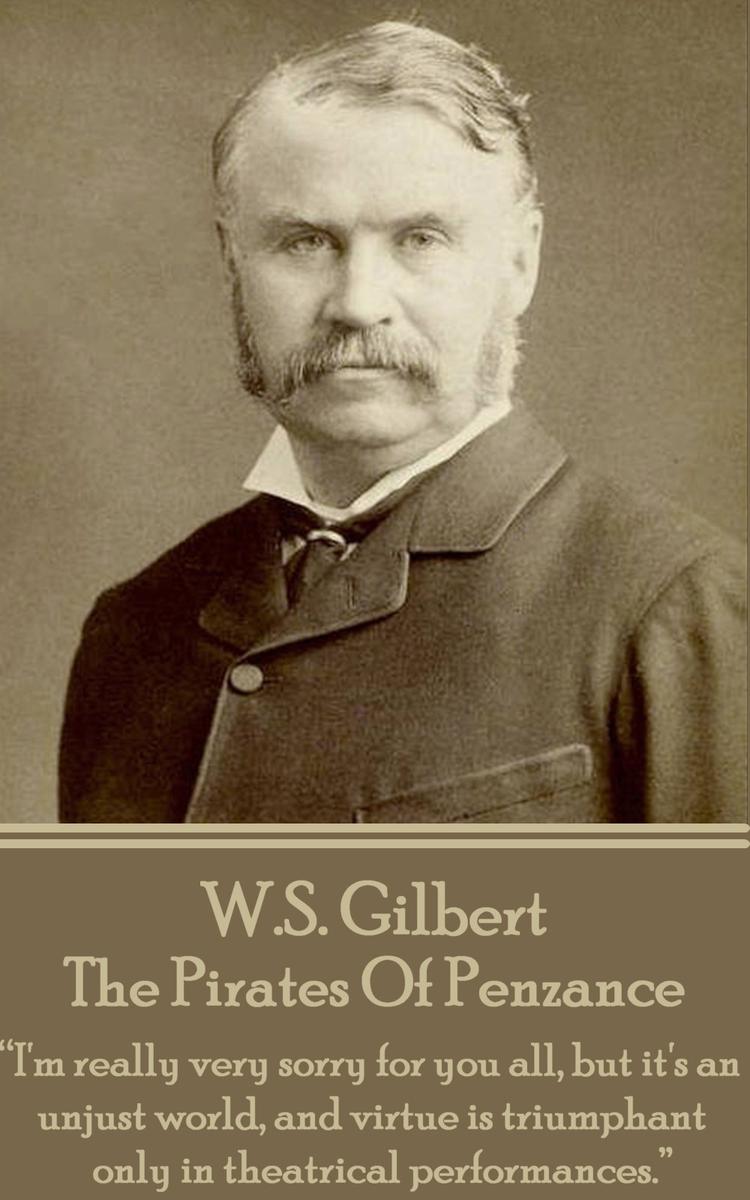
Pirates Of Penzance
¥15.21
Sir William Schwenck Gilbert was born at 17 Southampton Street just off the Strand in London on November 18th 1836. He was a man of a great many talents; dramatist, librettist, poet and illustrator. Of course he is better known as the collaborator with Arthur Sullivan of 14 light comic operas under that world famous moniker Gilbert & Sullivan. They continue to be performed and to entertain millions every year from commercial theatres down to amateur dramatic societies and schools. Here we publish his libretto for The Pirates Of Penzance.
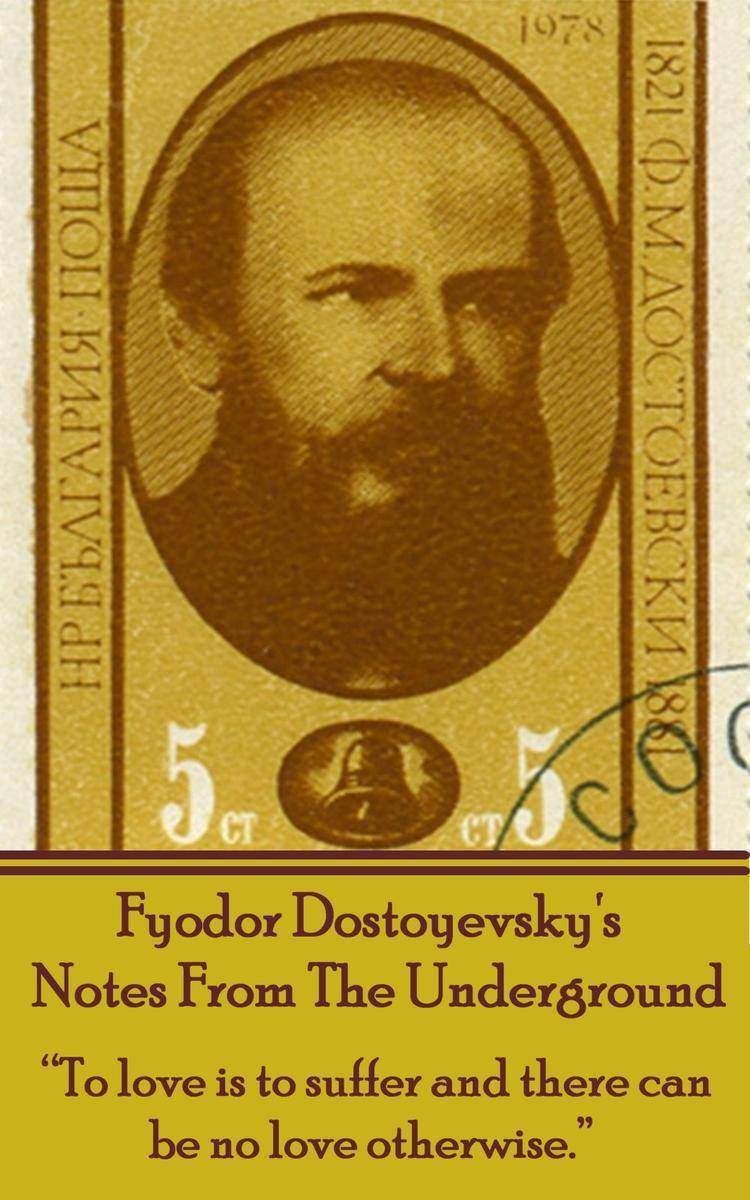
Notes From The Underground - To love is to suffer and there can be no love other
¥15.21
Fyodor Dostoyevsky's Notes from the Underground is both a fictional and philosophical work. It is considered by many critics as an early existentialist novella. The narrative takes the form of notes written by an unnamed narrator and is divided into two parts. In the first part entitled "e;Underground,"e; the protagonist is presented as a pessimist misanthrope who comments on a number of philosophical concepts such as the duality between determinism and free will. Basing his criticism on the work of Nikolay Chernyshevsky, he attacks modern schools of thought that purport to be founded solely on logical reasoning, namely utilitarianism and positivism. The second part of the book, entitled "e;Apropos of the Wet Snow,"e; is closer to fiction than to philosophical analysis. It rather seems to serve as a practical part for the theories exposed in the former through relating some events that happened to the narrator when he was a young man. The narrator often finds difficulty in socializing and even in interacting with the different people around him. Total misunderstanding and mistrust make him feel alienated in society. His feeling of indecision keeps on haunting him until the very end of the narrative when it is revealed that he has even been hesitating to conclude his notes.
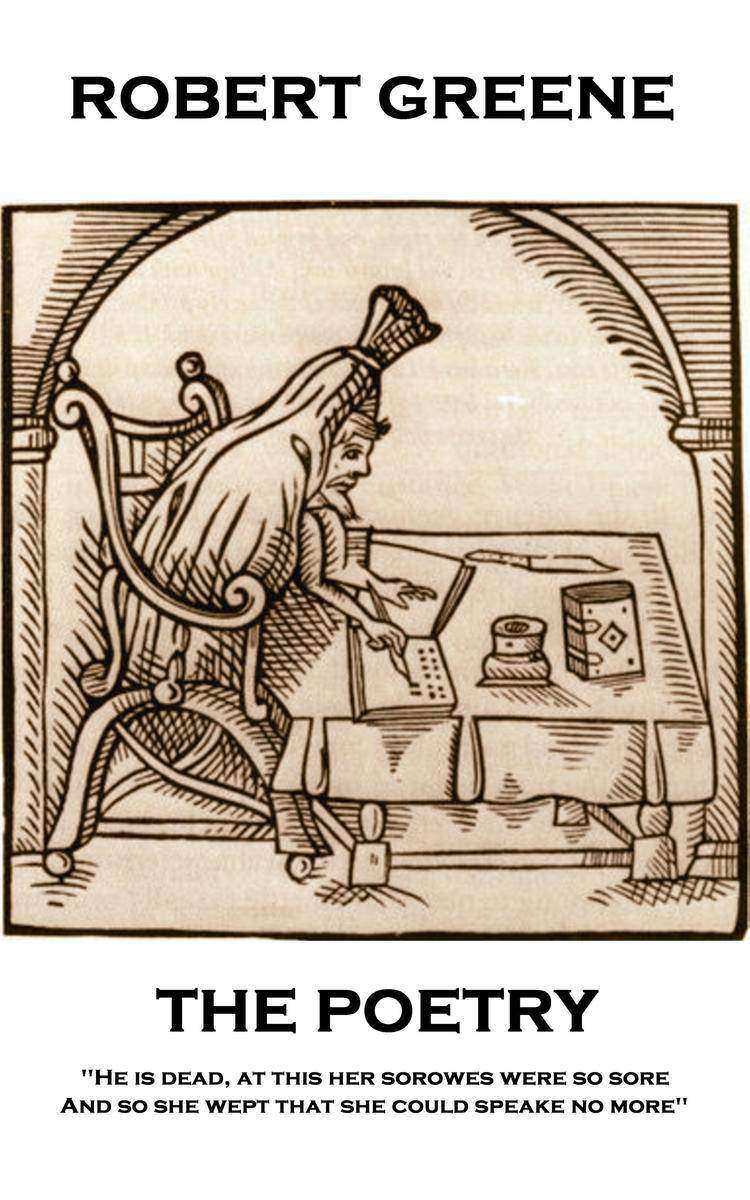
Poetry of Robert Greene
¥15.21
Robert Greene was, by the best accounts available, born in Norwich in 1558 and baptised on July 11th.Greene is believed to have been a pupil at Norwich Grammar School and then attended Cambridge receiving his B.A. in 1580, and an M.A. in 1583. He then moved to London and began an extraordinary chapter in his life as a widely published author. His literary career began with the publication of the long romance, 'Mamillia', (1580). Greene's romances were written in a highly wrought style which reached its peak in 'Pandosto' (1588) and 'Menaphon' (1589). Short poems and songs incorporated in some of the romances attest to his ability as a lyric poet. In 1588, he was granted an MA from Oxford University, almost certainly as a courtesy degree. Thereafter he sometimes placed the phrase Utruisq. Academiae in Artibus Magister', "e;Master of Arts in both Universities"e; on the title page of his works.The lack of records hinders any complete biography of Greene but he did write an autobiography of sorts, but where the balance lies between facts and artistic licence is not clearly drawn. According to that autobiography 'The Repentance of Robert Greene', Greene is alleged to have written 'A Groatsworth of Wit Bought with a Million of Repentance' during the month prior to his death, including in it a letter to his wife asking her to forgive him and stating that he was sending their son back to her. His output was prolific. Between 1583 and 1592, he published more than twenty-five works in prose, becoming one of the first authors in England to support himself with his pen in an era when professional authorship was virtually unknown.In his 'coney-catching' pamphlets, Greene fashioned himself into a well-known public figure, narrating colourful inside stories of rakes and rascals duping young gentlemen and solid citizens out of their hard-earned money. These stories, told from the perspective of a repentant former rascal, have been considered autobiographical, and to incorporate many facts of Greene's own life thinly veiled as fiction. However, the alternate account suggests that Greene invented almost everything, merely displaying his undoubted skills as a writer.In addition to his prose works, Greene also wrote several plays, none of them published in his lifetime, including 'The Scottish History of James IV', 'Alphonsus', and his greatest popular success, 'Friar Bacon and Friar Bungay', as well as 'Orlando Furioso', based on Ludovico Ariosto's Orlando Furioso.His plays earned himself the title as one of the 'University Wits', a group that included George Peele, Thomas Nashe, and Christopher Marlowe.Robert Greene died 3rd September 1592.
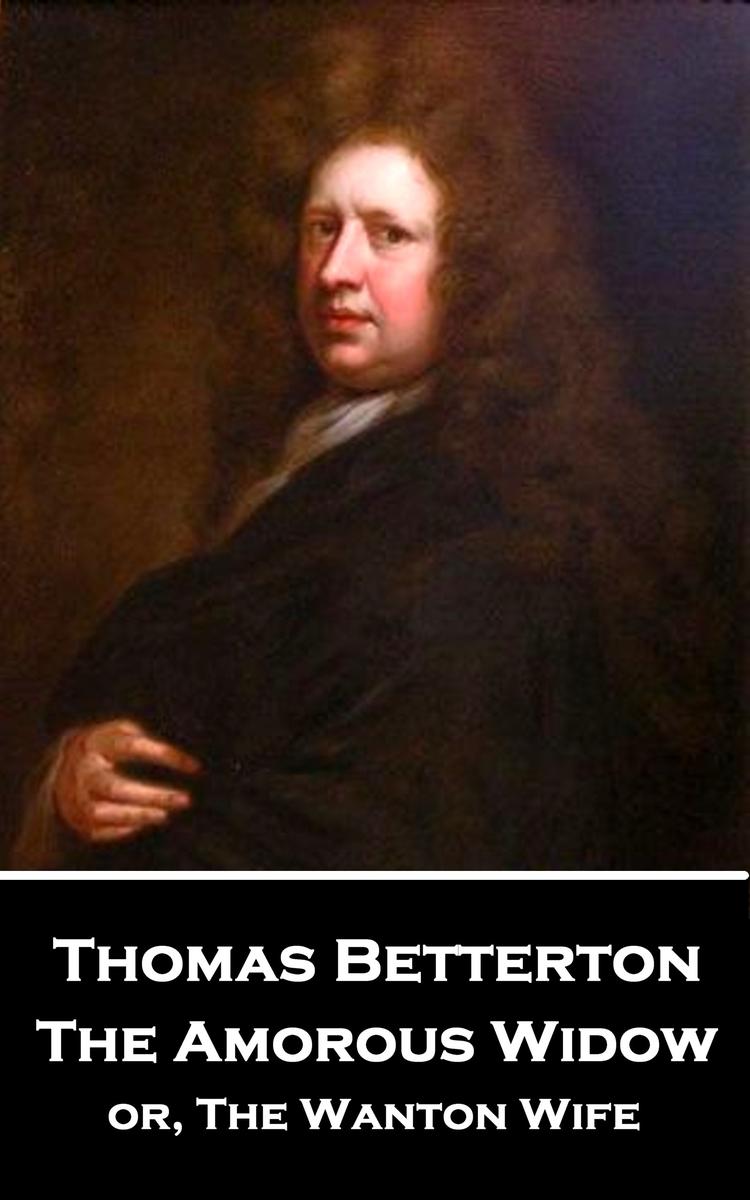
Amorous Widow - or, The Wanton Wife
¥15.21
Thomas Patrick Betterton was born around 1635 in London.As can be understood exact records of much of his early life do not exist.We know he was apprenticed to John Holden, Sir William Davenant's publisher, and later John Rhodes, a bookseller, whose previous career was that of wardrobe-keeper at the Blackfriars Theatre. In 1659, Rhodes obtained a license to set up a company of players at the Cockpit Theatre in Drury Lane; and when the theatre re-opened the following year Betterton made his first stage appearance.By all accounts he was talented and was soon performing the leads. In 1661 a new theatre opened in Lincoln's Inn Fields. Davenant, the patentee of the Duke's Company, engaged Betterton and Rhodes's company to perform his 'The Siege of Rhodes'. Betterton was by now a public favourite and a royal favourite and keen on improving the presentation of plays and the management of theatres. Charles II sent him to Paris to examine stage improvements and then introduced the shifting scenes that replaced the tapestry backgrounds of English theatre.In 1662 Betterton married the actress Mary Saunderson. She and Betterton played opposite each other in a production of Hamlet' she played Ophelia, to his Hamlet. They were also invited to teach the children from noble and royal families to perform John Crowne's 'Calisto', 1675, in the last Stuart court Masque.Betterton was taller than average, athletic, with a strong rather melodious voice which was wonderfully dexterious. His repertory included Shakespearian roles, in versions adapted by Davenant, Dryden, Shadwell and Nahum Tate. In them his performances were praised. He played Lear opposite Elizabeth Barry's Cordelia in Tate's modified version of Shakespeare's 'King Lear'. Betterton was also the author of several popular adaptations.After Davenant's death in 1668, Betterton was the manager and director of the Duke's Company, and from the merger of London's two theatre companies in 1682, he continued these functions in the new United Company. However, in 1695, as this theatrical monopoly worsened conditions of the actors they all walked out. They set up a co-operative company in Lincoln's Inn Fields under Betterton's leadership. The first production was the premiere of Congreve's 'Love for Love' with Betterton as Valentine and Anne Bracegirdle as Angelica. After several years, audiences dwindled, profits fell and Betterton now older and stricken with gout decided to retire from the stage. At his benefit performance, where he again played Valentine in 'Love for Love, the profits are said to have been over GBP500.Betterton's career behind the stage was almost transformative. He invented new stage machines at Dorset Garden Theatre, transposed 'The Prophetess' into an opera, and introduced French singers and dancers to the Restoration stage. He also built the first permanent theatre fully equipped with Italianate machinery. Additionally, he invested in remodeling the tennis court in the Lincoln's Inn Fields and built a new theatre there. His salary was now topped up by a small "e;rent"e; fees for each performance played there.Betterton worked with all of the most significant playwrights of his age and performed with the first generation of English actresses. It is said that Betterton had more than 120 different roles at his command from heroic drama, Jonsonian comedy, comedies of manners, tragicomedies by Beaumont and Fletcher, and tragedies, comedies and histories by Shakespeare. At the age of seventy-five, he claimed, "e;He was yet learning to be an actor."e; Three days before his death at seventy-five, he made his last appearance on the stage in 1710, as Melantius in 'The Maid's Tragedy'. Thomas Betterton died on April 28th 1710. He was buried in Westminster Abbey.
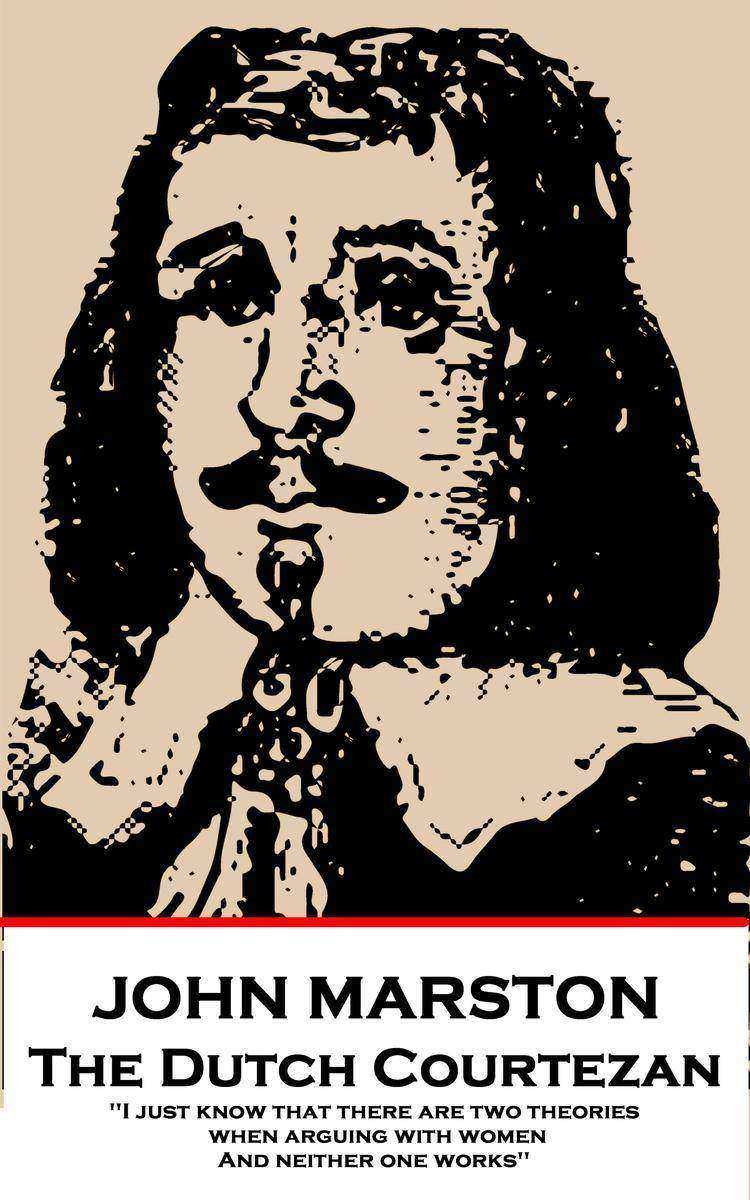
Dutch Courtezan
¥15.21
John Marston was born to John and Maria Marston nee Guarsi, and baptised on October 7th, 1576 at Wardington, Oxfordshire.Marston entered Brasenose College, Oxford in 1592 and earned his BA in 1594. By 1595, he was in London, living in the Middle Temple. His interests were in poetry and play writing, although his father's will of 1599 hopes that he would not further pursue such vanities.His brief career in literature began with the fashionable genres of erotic epyllion and satire; erotic plays for boy actors to be performed before educated young men and members of the inns of court.In 1598, he published 'The Metamorphosis of Pigmalion's Image and Certaine Satyres', a book of poetry. He also published 'The Scourge of Villanie', in 1598. 'Histriomastix' regarded as his first play was produced 1599. It's performance kicked off an episode in literary history known as the War of the Theatres; a literary feud between Marston, Jonson and Dekker that lasted until 1602.However, the playwrights were later reconciled; Marston wrote a prefatory poem for Jonson's 'Sejanus' in 1605 and dedicated 'The Malcontent' to him. Beyond this episode Marston's career continued to gather both strength, assets and followers. In 1603, he became a shareholder in the Children of Blackfriars company. He wrote and produced two plays with the company. The first was 'The Malcontent' in 1603, his most famous play. His second was 'The Dutch Courtesan', a satire on lust and hypocrisy, in 1604-5.In 1605, he worked with George Chapman and Ben Jonson on 'Eastward Ho', a satire of popular taste and the vain imaginings of wealth to be found in the colony of Virginia.Marston took the theatre world by surprise when he gave up writing plays in 1609 at the age of thirty-three. He sold his shares in the company of Blackfriars. His departure from the literary scene may have been because of further offence he gave to the king. The king suspended performances at Blackfriars and had Marston imprisoned.On 24th September 1609 he was made a deacon and them a priest on 24th December 1609. In October 1616, Marston was assigned the living of Christchurch, Hampshire.He died (accounts vary) on either the 24th or 25th June 1634 in London and was buried in the Middle Temple Church.
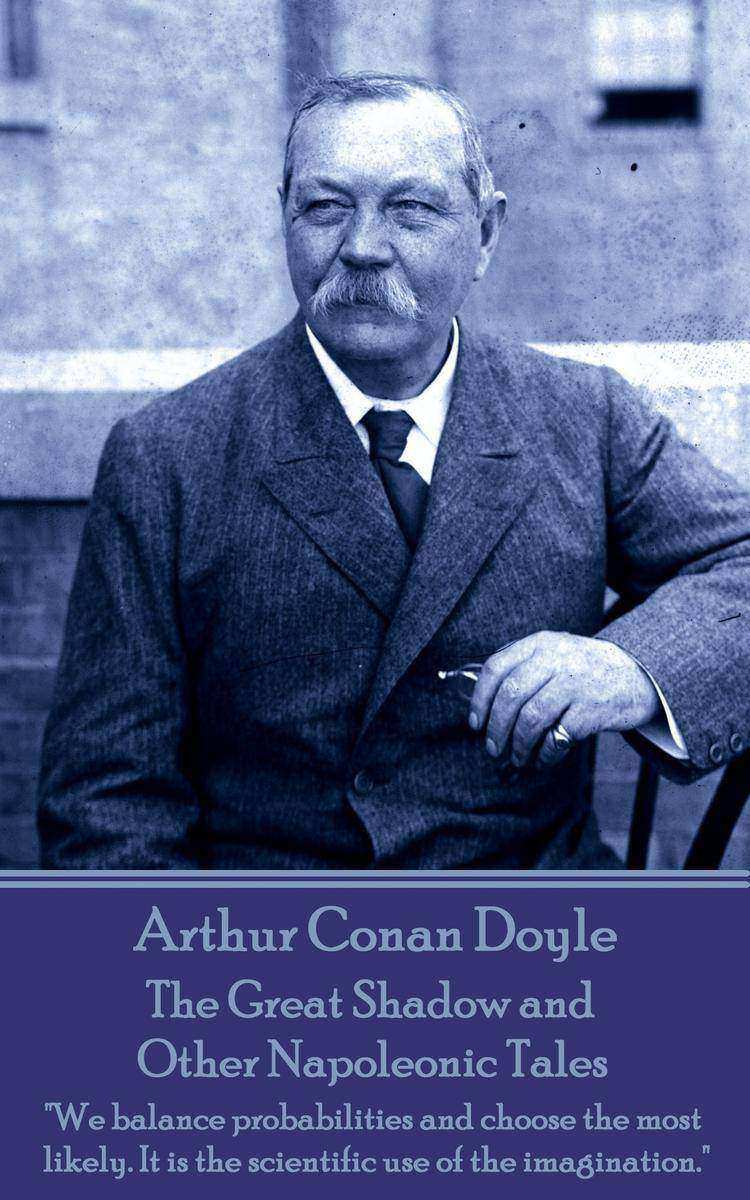
Great Shadow and Other Napoleonic Tales
¥15.21
If ever a writer needed an introduction Arthur Conan Doyle would not be considered that man. After all, Sherlock Holmes is perhaps the foremost literary detective of any age. Add to this canon his stories of science fiction and his poems, his historical novels, his plays, his political campaigning, his efforts in establishing a Court of Appeal and there is little room for anything else. Except he was also an exceptional writer of short stories of the horrific and macabre. Something very different from what you might expect. Born in Arthur Conan Doyle was born on 22 May 1859 at 11 Picardy Place, Edinburgh, Scotland. From 1876 - 1881 he studied medicine at the University of Edinburgh following which he was employed as a doctor on the Greenland whaler Hope of Peterhead in 1880 and, after his graduation, as a ship's surgeon on the SS Mayumba during a voyage to the West African coast in 1881. Arriving in Portsmouth in June of that year with less than GBP10 (GBP700 today) to his name, he set up a medical practice at 1 Bush Villas in Elm Grove, Southsea. The practice was initially not very successful. While waiting for patients, Conan Doyle again began writing stories and composed his first novel The Mystery of Cloomber. Although he continued to study and practice medicine his career was now firmly set as a writer. And thereafter great works continued to pour out of him.
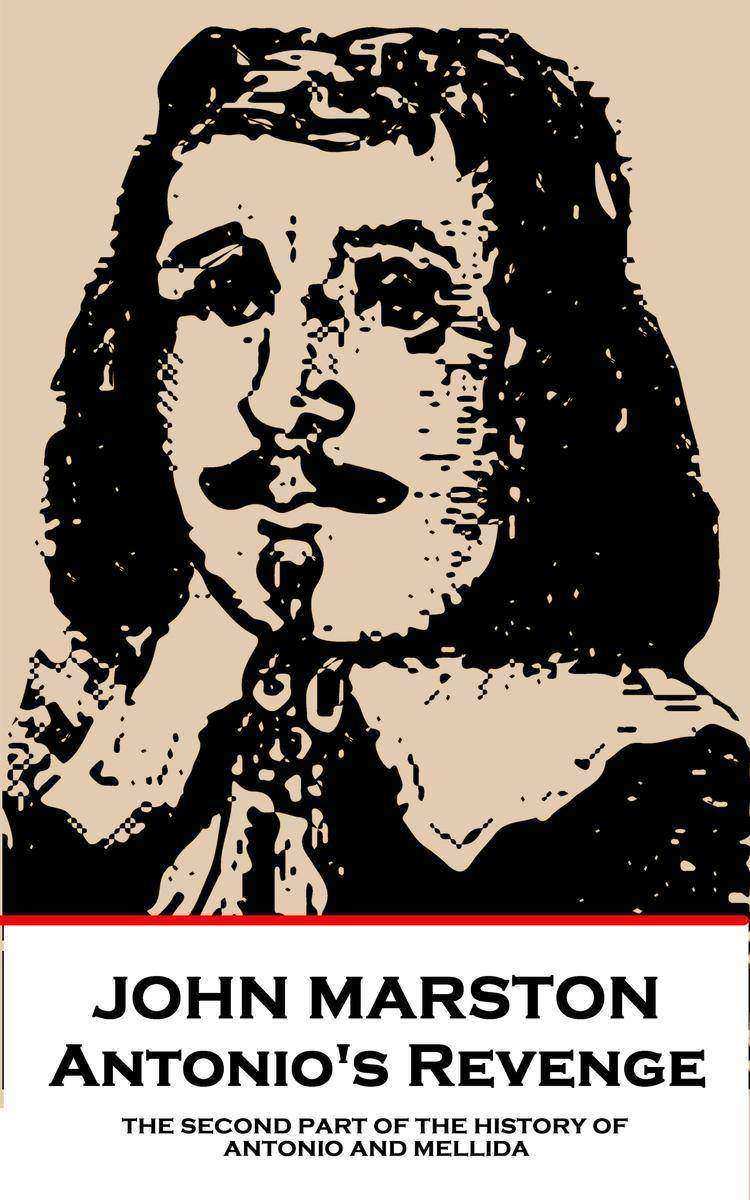
Antonio's Revenge - THE SECOND PART OF THE HISTORY OF ANTONIO AND MELLIDA
¥15.21
John Marston was born to John and Maria Marston nee Guarsi, and baptised on October 7th, 1576 at Wardington, Oxfordshire.Marston entered Brasenose College, Oxford in 1592 and earned his BA in 1594. By 1595, he was in London, living in the Middle Temple. His interests were in poetry and play writing, although his father's will of 1599 hopes that he would not further pursue such vanities.His brief career in literature began with the fashionable genres of erotic epyllion and satire; erotic plays for boy actors to be performed before educated young men and members of the inns of court.In 1598, he published 'The Metamorphosis of Pigmalion's Image and Certaine Satyres', a book of poetry. He also published 'The Scourge of Villanie', in 1598. 'Histriomastix' regarded as his first play was produced 1599. It's performance kicked off an episode in literary history known as the War of the Theatres; a literary feud between Marston, Jonson and Dekker that lasted until 1602.However, the playwrights were later reconciled; Marston wrote a prefatory poem for Jonson's 'Sejanus' in 1605 and dedicated 'The Malcontent' to him. Beyond this episode Marston's career continued to gather both strength, assets and followers. In 1603, he became a shareholder in the Children of Blackfriars company. He wrote and produced two plays with the company. The first was 'The Malcontent' in 1603, his most famous play. His second was 'The Dutch Courtesan', a satire on lust and hypocrisy, in 1604-5.In 1605, he worked with George Chapman and Ben Jonson on 'Eastward Ho', a satire of popular taste and the vain imaginings of wealth to be found in the colony of Virginia.Marston took the theatre world by surprise when he gave up writing plays in 1609 at the age of thirty-three. He sold his shares in the company of Blackfriars. His departure from the literary scene may have been because of further offence he gave to the king. The king suspended performances at Blackfriars and had Marston imprisoned.On 24th September 1609 he was made a deacon and them a priest on 24th December 1609. In October 1616, Marston was assigned the living of Christchurch, Hampshire.He died (accounts vary) on either the 24th or 25th June 1634 in London and was buried in the Middle Temple Church.
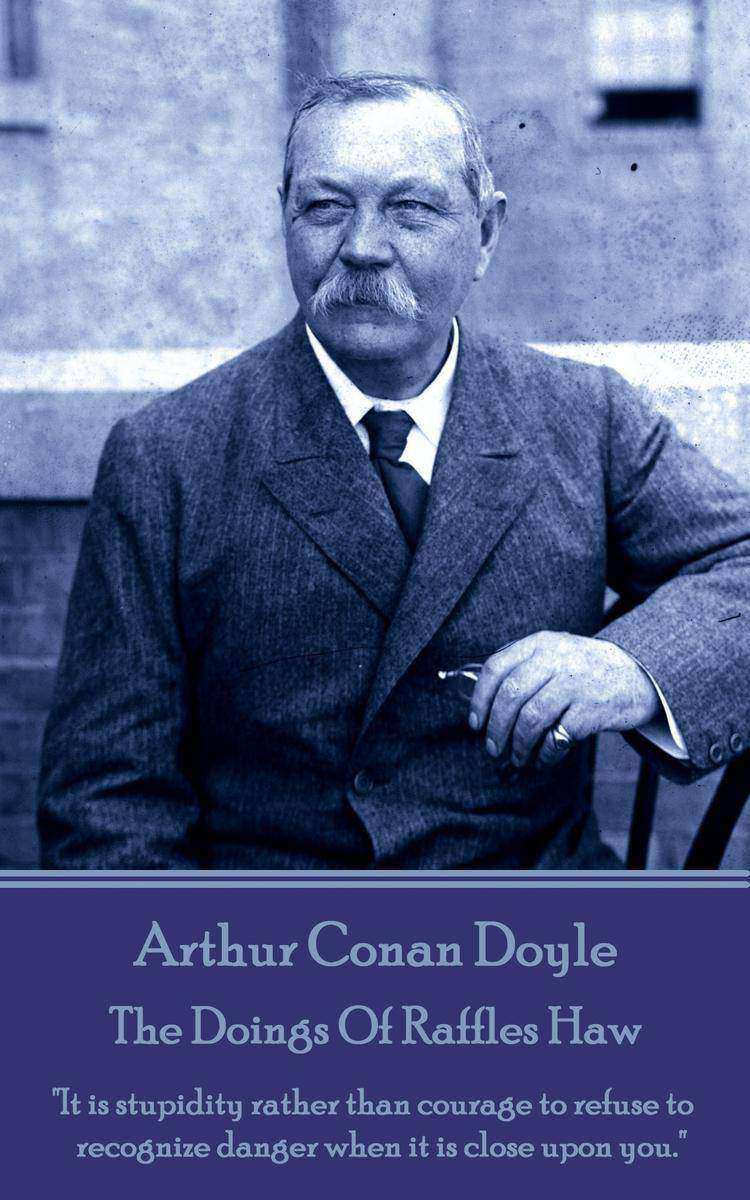
Doings Of Raffles Haw
¥15.21
If ever a writer needed an introduction Arthur Conan Doyle would not be considered that man. After all, Sherlock Holmes is perhaps the foremost literary detective of any age. Add to this canon his stories of science fiction and his poems, his historical novels, his plays, his political campaigning, his efforts in establishing a Court of Appeal and there is little room for anything else. Except he was also an exceptional writer of short stories of the horrific and macabre. Something very different from what you might expect. Born in Arthur Conan Doyle was born on 22 May 1859 at 11 Picardy Place, Edinburgh, Scotland. From 1876 - 1881 he studied medicine at the University of Edinburgh following which he was employed as a doctor on the Greenland whaler Hope of Peterhead in 1880 and, after his graduation, as a ship's surgeon on the SS Mayumba during a voyage to the West African coast in 1881. Arriving in Portsmouth in June of that year with less than GBP10 (GBP700 today) to his name, he set up a medical practice at 1 Bush Villas in Elm Grove, Southsea. The practice was initially not very successful. While waiting for patients, Conan Doyle again began writing stories and composed his first novel The Mystery of Cloomber. Although he continued to study and practice medicine his career was now firmly set as a writer. And thereafter great works continued to pour out of him.
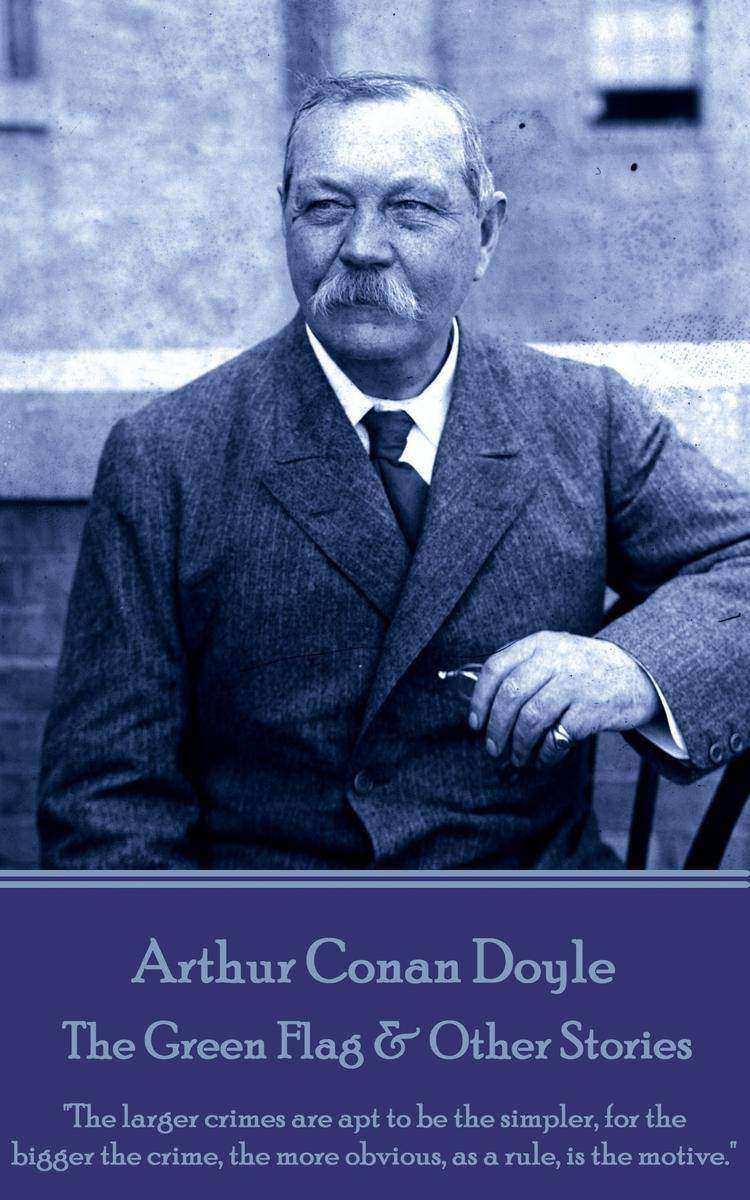
Green Flag & Other Stories
¥15.21
If ever a writer needed an introduction Arthur Conan Doyle would not be considered that man. After all, Sherlock Holmes is perhaps the foremost literary detective of any age. Add to this canon his stories of science fiction and his poems, his historical novels, his plays, his political campaigning, his efforts in establishing a Court of Appeal and there is little room for anything else. Except he was also an exceptional writer of short stories of the horrific and macabre. Something very different from what you might expect. Born in Arthur Conan Doyle was born on 22 May 1859 at 11 Picardy Place, Edinburgh, Scotland. From 1876 - 1881 he studied medicine at the University of Edinburgh following which he was employed as a doctor on the Greenland whaler Hope of Peterhead in 1880 and, after his graduation, as a ship's surgeon on the SS Mayumba during a voyage to the West African coast in 1881. Arriving in Portsmouth in June of that year with less than GBP10 (GBP700 today) to his name, he set up a medical practice at 1 Bush Villas in Elm Grove, Southsea. The practice was initially not very successful. While waiting for patients, Conan Doyle again began writing stories and composed his first novel The Mystery of Cloomber. Although he continued to study and practice medicine his career was now firmly set as a writer. And thereafter great works continued to pour out of him.




 购物车
购物车 个人中心
个人中心



